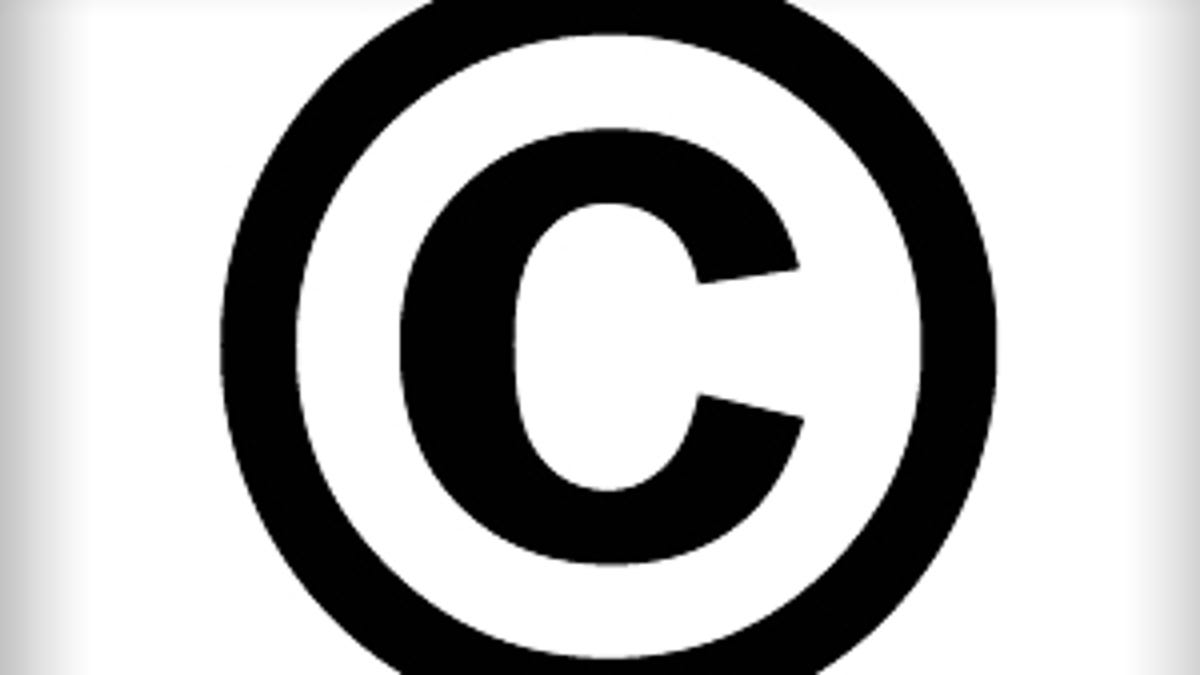YouTube buys licensing-firm RightsFlow
Web-video site acquires company that helps songwriters, recording artists, labels, distributors, and online music services set up licensing and royalties arrangements.

YouTube has acquired RightsFlow, a company that helps songwriters, recording artists, labels, distributors, and online music services set up licensing and royalties arrangements.
"By combining RightsFlow's expertise and technology with YouTube's platform, we hope to more rapidly and efficiently license music on YouTube, meaning more music for you all to enjoy, and more money for the talented people producing the music," YouTube said in a statement on its blog today.
YouTube and parent company Google have been involved in several copyright-related altercations over the years. In August, YouTube reached a settlement in a class-action suit involving a group of music publishers. The suit accused YouTube of encouraging users to upload pirated video clips of TV shows, films, and music videos.
"As a result of this resolution," the publishers wrote in a statement at the time of the settlement, "music publishers will have the opportunity to enter into a license agreement with YouTube and receive royalties from YouTube for musical works in videos posted on the site."
The Web's top video-sharing service was once packed with pirated content but the service built a filter system and now most of the top film studios and TV networks consider the site to be swept clean.
Google has also penned content-licensing deals with the top music labels to offer music on the site and YouTube also has agreements in place with major Hollywood and independent film studios to offer streaming rentals.
"YouTube has had a longstanding commitment to solving the really tough challenges around online copyright--how to manage content rights in a quickly evolving technology world," YouTube said in today's statement. "We've already invested tens of millions of dollars in content management technology such as Content ID and, with over 3,000 major media companies using it, we've come a long way in just a few years. But we want to keep pushing things forward."
CNET's Greg Sandoval contributed to this report.

